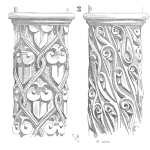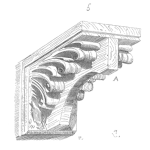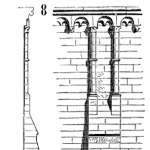
Statistical distribution – it has important role in general life and of course in engineering specifically. So, what is all about?
During morning commute either by bus or vehicle, you take some budget of time. From your daily routine experience, you with very high probability, can predict arrival time. You also know how much time it will take, in less ordinary cases, like slippery roads, or cars accident along you route.








 Ask a question or send along a comment.
Please login to view and use the contact form.
Ask a question or send along a comment.
Please login to view and use the contact form.